
Fortune News | Nov 02,2019
Mar 21 , 2020
By GELILA SAMUEL ( FORTUNE STAFF WRITER
)
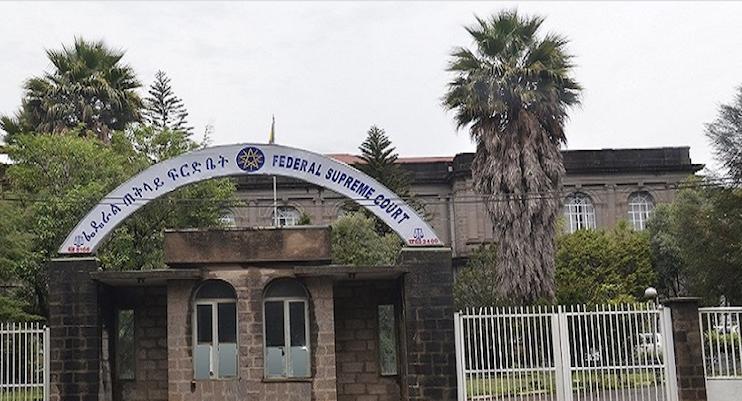 The Federal Supreme Court started establishing benches at all levels of federal courts to handle disputes that arise in the upcoming election.
The Federal Supreme Court started establishing benches at all levels of federal courts to handle disputes that arise in the upcoming election. The Federal Supreme Court started establishing benches at all levels of federal courts to handle disputes that arise in the upcoming election.
The Court started establishing benches two weeks ago in line with the proclamation drafted by the National Election Board of Ethiopia that says the benches should get ready a month before the roll-out of voter registration. The benches will review issues that arise during the pre, during and post-election periods.
The Board has scheduled voter registration between April 22, 2020, and May 21, 2020. The general election will be held on August 29, while the final result is expected to be announced between August 30 and September 8. During the period of the election in August, courts will be closed for recess, and the establishment of the benches will fill the gap in their absence.
The main cases these temporary benches will preside over will include disputes due to voter registration, candidate registration, ethical violations, vote counting and the results of the general election.
Cases related to vote counting and results disputes from the election board will be directly forwarded to the bench at the Federal Supreme Court if there is only a complaint against the decision of the Board, the other cases will follow the formal court procedures.
In the city administrations of Addis Abeba and Dire Dawa, only the federal courts have the mandate to handle any electoral dispute.
Selected from federal and regional courts, a total of 400 judges will take a day-long training in two rounds. The first batch of 200 judges has already been trained two weeks ago by the Federal Supreme Court. After the training, the Court will select judges that will preside over the electoral dispute benches.
The selected judges then will receive extensive training on how to resolve cases of electoral disputes, according to Tesfaye Neway, spokesperson of the Federal Courts and vice president of First Instance Court.
The formation of the benches on the federal level has reached the final stage and the judges have been assigned, while the regional level courts are working on the establishment of the benches and nominating the judges.
Whenever there is an issue related to the election, the case will go through the polling station grievance hearing committee, the constituency grievance hearing committee and then to the Electoral Board. The Board will then push the case to the benches. After passing through these stages, the election board will submit the cases to the federal or regional benches depending on the case.
After the Board has submitted cases, the benches have to pass a decision in a month. The result of the election will not be announced until the verdict of the benches is issued.
The Board, which plans to issue 38 directives before voter registration commences, is currently working on the directive for establishing a grievance hearing committee.
The Federal Supreme Court and the Electoral Board have formed a technical committee to work on the working procedures, training and communications. On February 28, 2020, the duo conducted a workshop on election dispute resolution in which judges from Kenya and South Africa who have worked on past election disputes have participated.
This is a very progressive move by the Board, though some other African countries already have electoral courts, according to Sisay Alemaw (PhD), associate professor at Addis Abeba University's School of Law & Governance.
"Electoral dispute resolution is a fundamental factor to conduct a free and fair election," added Sisay. "The arguments and disputes of an election are very different and require a vigilant readiness to give a response right away."
PUBLISHED ON
Mar 21,2020 [ VOL
20 , NO
1038]

Fortune News | Nov 02,2019
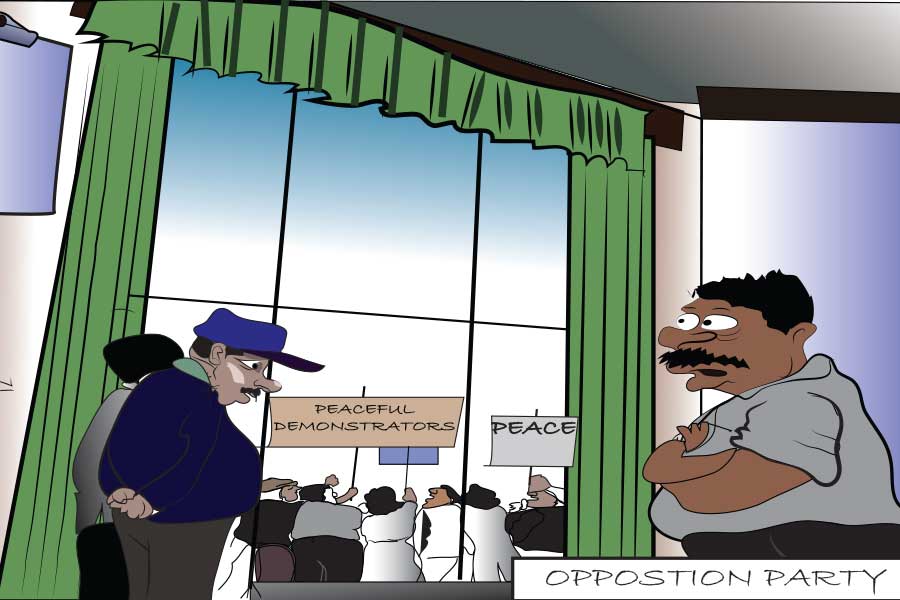
Editorial | Sep 28,2019
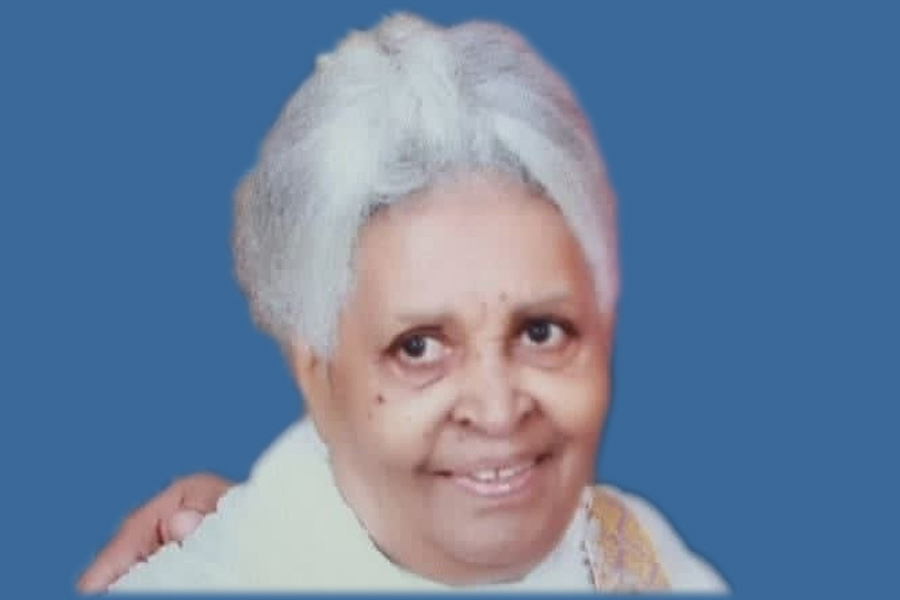
Fortune News | Apr 27,2025

Radar | Feb 15,2020

Radar | Jun 07,2020

Fortune News | Jun 29,2019

Radar | May 11,2019
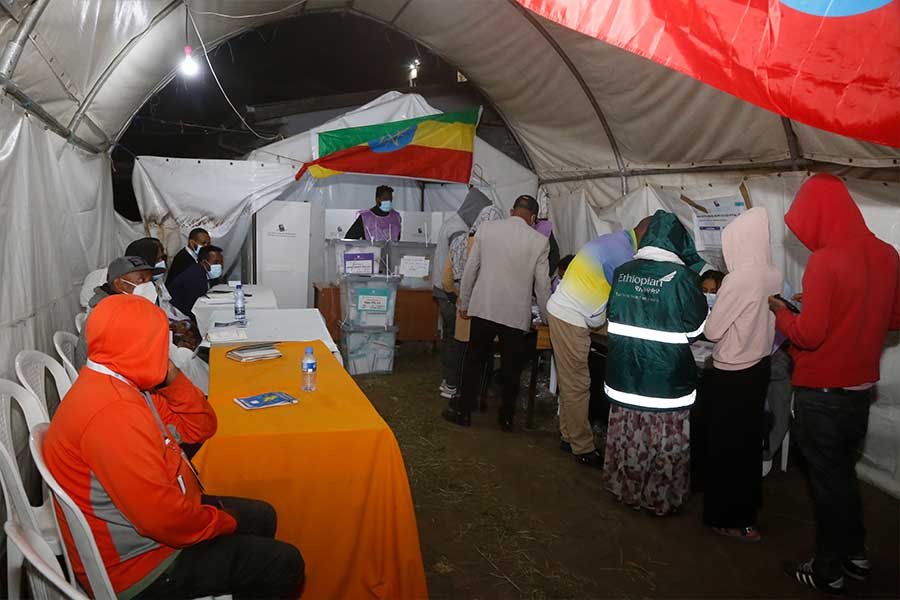
Agenda | Jun 26,2021
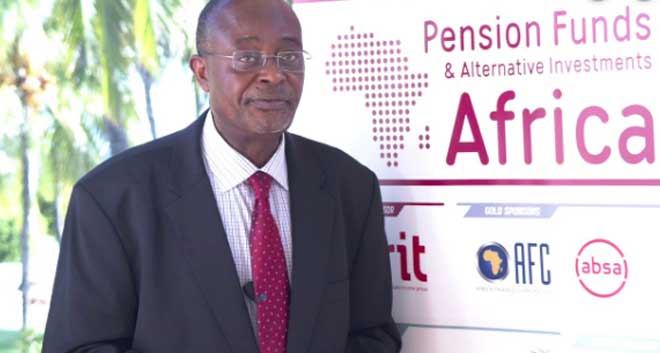
Exclusive Interviews | Nov 23,2019


Dec 22 , 2024 . By TIZITA SHEWAFERAW
Charged with transforming colossal state-owned enterprises into modern and competitiv...

Aug 18 , 2024 . By AKSAH ITALO
Although predictable Yonas Zerihun's job in the ride-hailing service is not immune to...

Jul 28 , 2024 . By TIZITA SHEWAFERAW
Unhabitual, perhaps too many, Samuel Gebreyohannes, 38, used to occasionally enjoy a couple of beers at breakfast. However, he recently swit...

Jul 13 , 2024 . By AKSAH ITALO
Investors who rely on tractors, trucks, and field vehicles for commuting, transporting commodities, and f...

Oct 18 , 2025
The political establishment, notably the ruling party and its top brass, has become p...

Oct 11 , 2025
Ladislas Farago, a roving Associated Press (AP) correspondent, arrived in Ethiopia in...

Oct 4 , 2025
Eyob Tekalegn (PhD) had been in the Governor's chair for only weeks when, on Septembe...

Sep 27 , 2025
Four years into an experiment with “shock therapy” in education, the national moo...